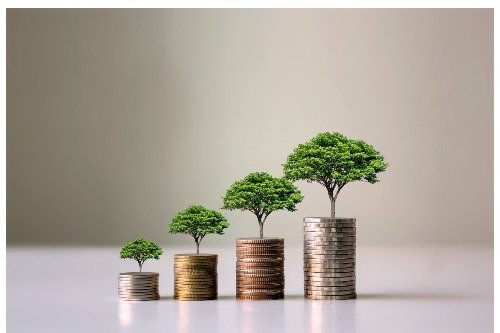Our partners at COP26 are all contributing to a dramatic schedule that will pitch Glasgow to the forefront of the global response to climate change. The Resilience Hub events platform is live on this site and you are invited to register to attend either virtually or in person. Browse the calendar and register your interest here.
Our partners for the Finance theme programme
International Institute for Environment and Development (IIED) global leader in sustainable development
Willis Towers Watson global broking, advisory and solutions firmInsuResilience Global Partnership, climate and disaster risk finance and insurance
InsuResilience Global Partnership climate and disaster risk finance and insurance
What finance has to do with resilience
The coming decades will require trillions of dollars to support an economic transformation to bring about systemic resilience. Just as important as the money, the finance sector will need to rebalance from its traditional model of risk versus return and replace it with societal and investor value derived through resilience.
The whole global financial system needs to be realigned with a climate resilient economy to manage risks and opportunities at the systemic level. Countries facing less severe effects of climate change must be prepared to invest in resilience wherever the needs is greatest. The outlook must be global rather than geographical.
Financial institutions (public, private and multilateral) have a central role to play in three particular areas:
1 Allocate investments to safeguard against the harshest impacts of climate change and protect those most affected.
2 Invest in resilient infrastructure to adapt to a warmer world.
3 Help countries and communities recover quickly from acute physical events that are happening with increasing frequency and severity.
Our finance theme sets out to convene the rich stakeholder landscape in order to orientate, navigate and innovate in recognition that neither the public nor the private sector alone can achieve these goals and must seek multi-stakeholder and multi-sectoral engagement across all regions.
What does this mean in practice?
Some key areas in scope
- Donor bilateral and multilateral public financial management of risks
- Sovereign debt and IMF Special Drawing Rights (SDEs) and links to financing adaptation
- Analytical diagnostics and solutions for public finance to help countries manage their transition and step towards a resilient low carbon future
- Domestic government financing of adaptation including financing social protection and climate resilient infrastructure
- Financing for nature-based solutions in the context of resilience and adaptation
- Climate risk insurance and other financial innovation
Beyond Cop26
Where will we be in 2030? There will be more understanding of risk and resilience informing finance across all stakeholders. Fundamentally, capital must be reallocated across public and private financial institutions on the basis of a more comprehensive understanding of risk.
Ongoing Theme Outcomes
1 Milestone achievements in resilience financing and key financing resources and new partnerships, either announced or launched
2 Knowledge shared and awareness raised across diverse stakeholders around risk-informed approaches to financing for adaptation and resilience towards a global shift in capital allocation
3 Gaps and barriers identified for policy makers and practitioners to implementing a systemic approach to financing adaptation and climate resilient economies, with specific focus on underserved and vulnerable communities
4 Improved understanding of incentive structures and long term opportunities to leverage financing, including through empowerment of financing recipients for resilience by the public and private sectors

